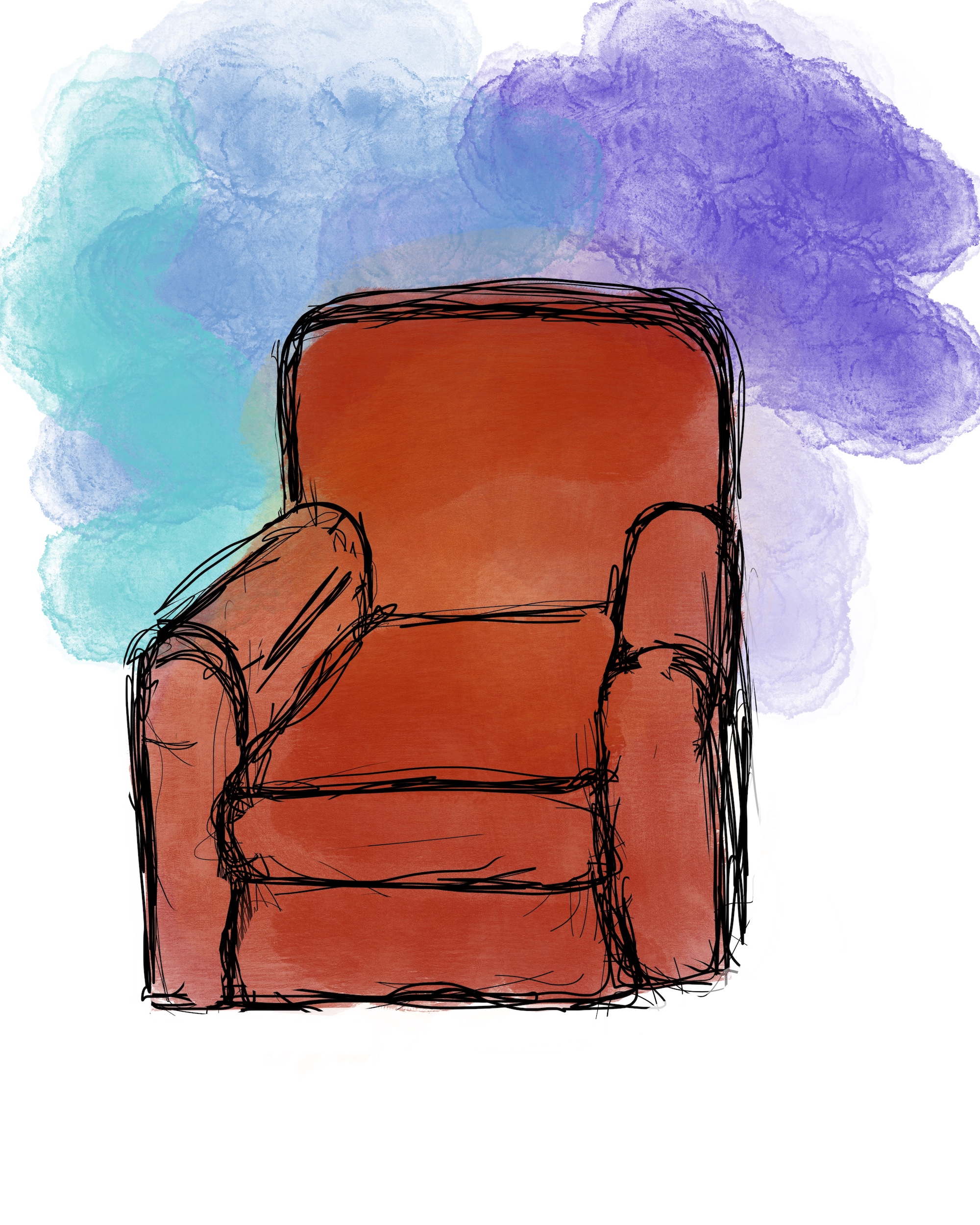Hannah Reese: Pursuing Psychological Passion
April 22, 2022
 This
piece represents the opinion of the author
.
This
piece represents the opinion of the author
.
In her eighth year at the College, Associate Professor of Psychology Hannah Reese has grown into the community on campus and beyond.
Reese earned her bachelor’s in psychology from Wellesley College and subsequently both her master’s and doctorate in clinical psychology from Harvard University. Reese has always retained an appreciation for liberal arts colleges. She especially appreciates how Bowdoin encourages faculty and students to get to know each other and pushes students to take courses across the entire curriculum.
“I also just think Bowdoin is a unique community in that people really care about each other here, which is not true everywhere,” Reese said.
Reese is a clinical psychologist licensed to practice in both Maine and Massachusetts. She currently maintains a small private practice in Brunswick.
Reese is working on a mindfulness-based treatment for those with Tourette’s syndrome, a disorder characterized by tics, or uncontrollable movements and vocalizations. The treatment that Reese developed emphasizes mindfulness and meditative training along with standard cognitive-behavioral therapy strategies.
“We just did a small clinical trial comparing [the mindfulness-based treatment] to another type of treatment, and the results are exciting,” Reese said. “The benefits are greater than those we see in existing treatments.”
Reese also helped found a mindfulness-based stress reduction (MBSR) program at the Mid Coast Center for Community Health and Wellness. She explained that MBSR was originally developed to help people with chronic pain, but it is now being used in all different kinds of areas.
“It’s meditation, yoga and discussion on how meditation and mindfulness can be useful for working with all kinds of different stressors in our lives,” she said.
Reese’s hard working demeanor led to her success as not only a researcher but also an educator. This being said, she advised students to slow down and take a step back from the stresses of everyday life.
In fact, Reese sees academic pressure as even more reason for students to think deeply about what brings them joy.
“I think too often students feel like they have to have a plan when they graduate and then execute that plan and [that] they’re not living until they do that,” Reese said. “I think all of those steps along the way are meaningful.”
To students graduating soon, Reese has even more to add.
“Life will take you in lots of unexpected directions. Be open to whatever unfolds because all of that is life,” Reese said. “Think about how you can seek out meaning, seek out joy, seek out relationships and connection no matter what you’re doing.”
As someone pursuing her own passions as both a professor and psychologist, Reese is a prime example of how one is able to follow their deepest interests. Thanks for all you do, Professor!


Comments
Before submitting a comment, please review our comment policy. Some key points from the policy: